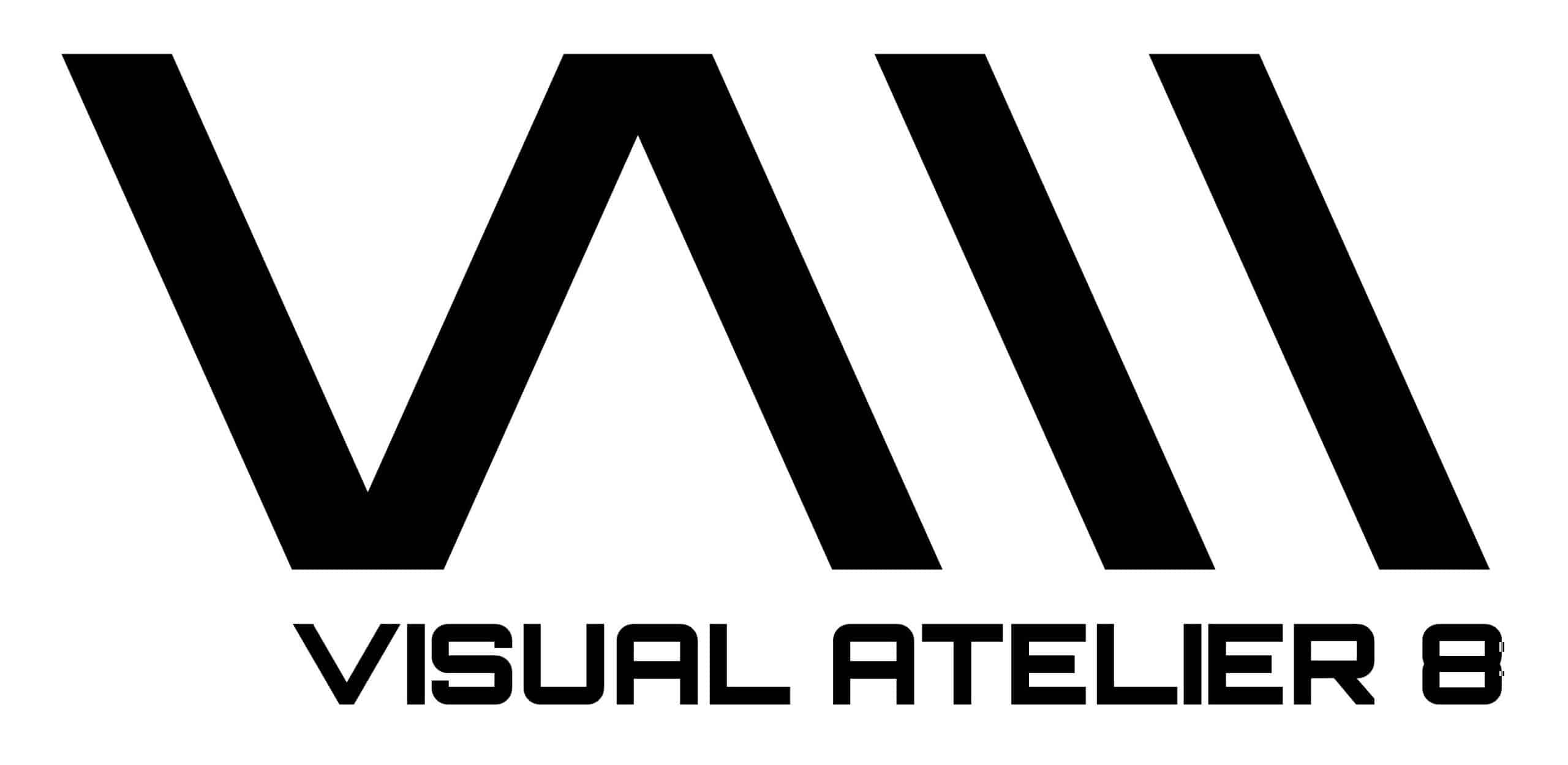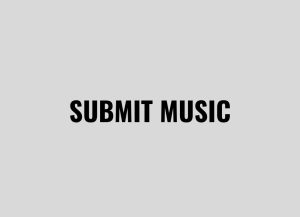
In conversation with Reuben Wu
Reuben Wu is a multidisciplinary artist whose visionary work merges technology, art, and storytelling to reimagine our relationship with time, space, and the natural world. As a photographer, filmmaker, and musician, Wu crafts compelling narratives that blend the real with the surreal, using innovative techniques to highlight the sublime beauty of Earth’s landscapes. His art explores the intersection of human ingenuity and nature, inviting viewers to contemplate their place in a vast and ever-evolving universe. Wu’s groundbreaking approach transforms scenes into ethereal realms, where light becomes a tool for both illumination and expression.
A National Geographic Photographer and global ambassador for Phase One, Reuben Wu’s influence extends beyond creative circles into the realms of science and conservation. His work is held in the permanent collections of some of the world’s most prestigious institutions, including the Guggenheim Museum, The Metropolitan Museum of Art, and the Museum of Modern Art (MoMA). In this interview, we delve into the mind of an artist who not only captures the world as it is but also reimagines it through the lens of technology, forging a dialogue between the known and the infinite.
Many agree that self-belief is the currency of greatness. In interviews past, you have openly alluded to your introversion and feelings of always being an “outsider”. I found this a rather essential and challenging point. Please, if you would, discuss with us what produced these feelings of otherness, and how it has helped shaped your love for solitude and individual production which now informs the pristine sense of freedom felt while viewing your work?
My parents immigrated from Hong Kong to the UK, where I was born, and grew up in a predominantly white population. This had a profound effect on me as a child as being an outsider, causing me to want desperately to fit in and reject my Chinese heritage.
I was uninterested in sports, and only really enjoyed art and being in the outdoors, and this lead to me not enjoying the company of most of my peers and preferring the vast freedom of the nearby national parks where my parents would take me. I eventually reconciled this and came to embrace and treasure my sense of otherness, but I still carry this need for solitude and the freedom I have out in remote places.
We are products of what we have consumed in our formative years. Luckily for us, what captured your heart were images from some of the world’s best landscape photographers on the pages of Natgeo. With the popularity of social media and its light-speed consumption of images of all kinds — memes to award-winning — do you think that your brand of distinctive formative influence still exists for emerging photographers in the midst of so many choices? What do you think our current media environment will produce for future creatives?
Even though I have spoken at the National Geographic Society and have been published by the magazine, I see myself as very different from the talented photographers who typically work with the publication. There was once a time when I aspired to be a Nat Geo photographer but I realised that I was on a different path, and decided to go that way. I’m a consumer of images, of music, of art.
Everything I create or do not create is influenced by what I consume in some way over the course of my life, and I find myself responding in creative ways to current trends in the media environment, rather than shutting myself off from them. For me it is a way to remain fresh and interested in making work, to constantly be open and aware of the general zeitgeist so that my work fits in a way that is considered and true to myself.


Riding a bicycle alone at night in the Atacama desert, or snowmobiling to secluded spaces in freezing Svalbard say something about the magical impulse within your boundless spirit. In all of the natural grandeur you have witnessed up until this moment, do you feel that any one of your pieces has captured the essence of what you adore most about nature’s beauty, if so which?
After photographing the ‘Great American Eclipse” in Wyoming with friends in 2017, I began to plan a trip to see the 2019 solar eclipse happening from Chile, where the eclipse would be viewed much closer to the horizon. I was intrigued by how it would look above the ocean surface and what a much wider field of view would reveal about the eclipse against the sky.
It took the next two years to plan, find a sponsor and bring a team together to do the trip and I think the most impressive part of it was being able to decide on our location options and routes of access in advance, and have those challenges go according to plan on the day.
We were able to watch the full eclipse from the top of a mountain overlooking the ocean and away from crowds. It was an incredible, exhausting, challenging, and inspiring experience throughout, which is not fully apparent in the final photo, but I am so happy to be able to see a project through from start to finish and for it to have such a great outcome.
In past dialogues, your approach has been explained as photographic chiaroscuro, the addition of light drones as neo-Frank Gilbreth light painting, and your process as synthetic modulation of the static for ultimate control over the visual result (my paraphrase). How do you feel about 3D art? Would you agree that your method exists as a purer analog precursor for modern 3D production? If not, how would you describe the difference between what one using 3D production does and you?
I think I have many things in common with 3D artists, just like I have much in common or are inspired by painters. We are inspired by similar things but just use different tools. It’s been enlightening for me to think of photography less as a medium and more as a means to express a message. This has helped me envision new ideas with more freedom and help calve a niche for myself as a visual artist. However, I think it still needs to be said that my work is photographic, because this adds the important part of my process of my human experience in remote places and creating in-camera effects.


Having a personal understanding of the distinct mind and skill-sets required for audio creation and visual media arts, it’s not a mystery for me how one can possess multiple talents yet hold them individually. Why is it, do you think, that people naturally assume musical acumen influences one’s visual art, or one’s art their song? In your view, can an individual ever remove the essence of themselves from what they create?
Yes, I get that question a lot, and my answer is always that the two are simply derived from the same source and inspirations, rather than influencing each other. It is only in a production sense when they interplay, where sound and visuals are choreographed and edited together and are constantly in flux until the final mix. I love having this control over both aspects so I am able to work seamlessly and without the need to direct others. I think it is an easy thing to ask so it does not bother me at all. I think one’s essence self in a creation is always dictated by how much work/thought/effort they put into the piece.
Your images are monumental yet minimalistic, visually uncomplicated yet profound, what do you mean to tell your appreciators through them? Do your images plainly exist as visual poems exclaiming your appreciations for exploration and discovery, or, are they saying something about the depths and beauty of individuality once appreciated carefully enough?
They exist as both of those messages. The exploration and discovery aspect is my own ‘version’. One which is very nuanced and ’self created’ so give me the feeling of seeing something for the first time, under the cloak of night, or the light of my drone. And like all my work in general, my goal is to show familiar things in an unfamiliar way, because it is this which really forces people to look a bit harder and ask questions.


All images courtesy of Reuben Wu, shared with permission

